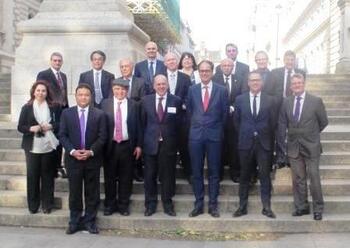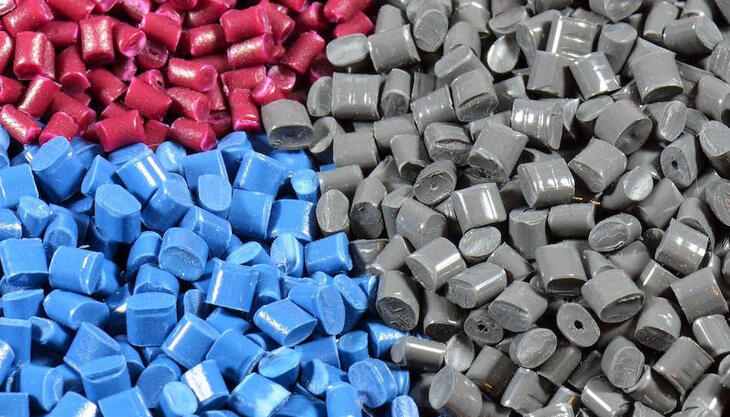
Plastic will be the material of the twenty first century. This was the declaration made by Cipad (Council of International Plastics Associations Directors) during its annual meeting, which took place in London on June 22-23. The directors of the plastics sector associations who are members of Cipad examined the factors that are driving the sector, and they identified lower carbon dioxide emissions, low conductivity (and therefore excellent thermal insulation), and durability as the key elements allowing consolidation of the use of polymers in an increasing number of applications.
“The plastics industry globally has a common agenda that demands increasing cooperation. Unfortunately, the presence of plastic waste in the sea and along coastlines is giving polymers a bad image, and also giving rise to policies (often dictated more by emotional than by objective reasoning) restricting the use of plastic products. In addition, in spite of continued efforts to train a qualified and expert workforce, we are noticing that it is increasingly difficult to find skilled labour. Another problem that is undoubtedly plaguing the whole sector is the shortage of raw materials on the market”, Mario Maggiani, director of Assocomaplast, declared.
This year’s Cipad meeting was attended by representatives of eleven associations from four continents. “It is crucial to have a tight network. Alarmist stories can spread from one country to the rest of the world in a matter of minutes, and a coordinated response is often the most effective in such situations. Cipad facilitates the development and sharing of common policies”, Mario Maggiani concluded.























